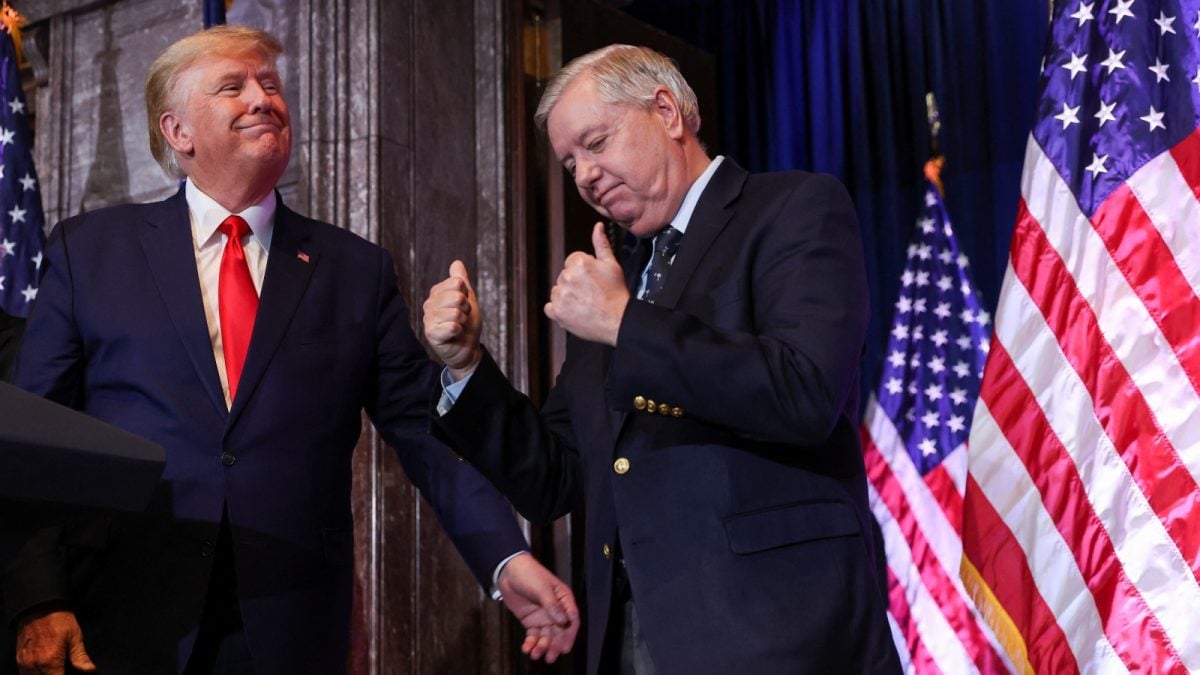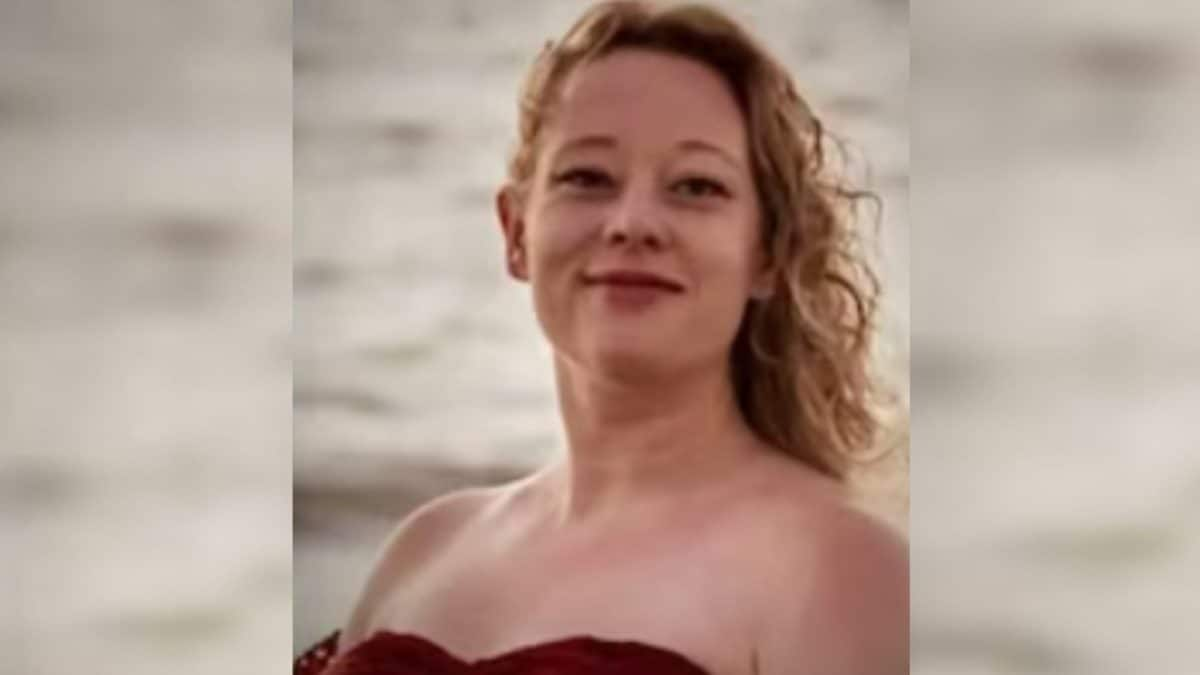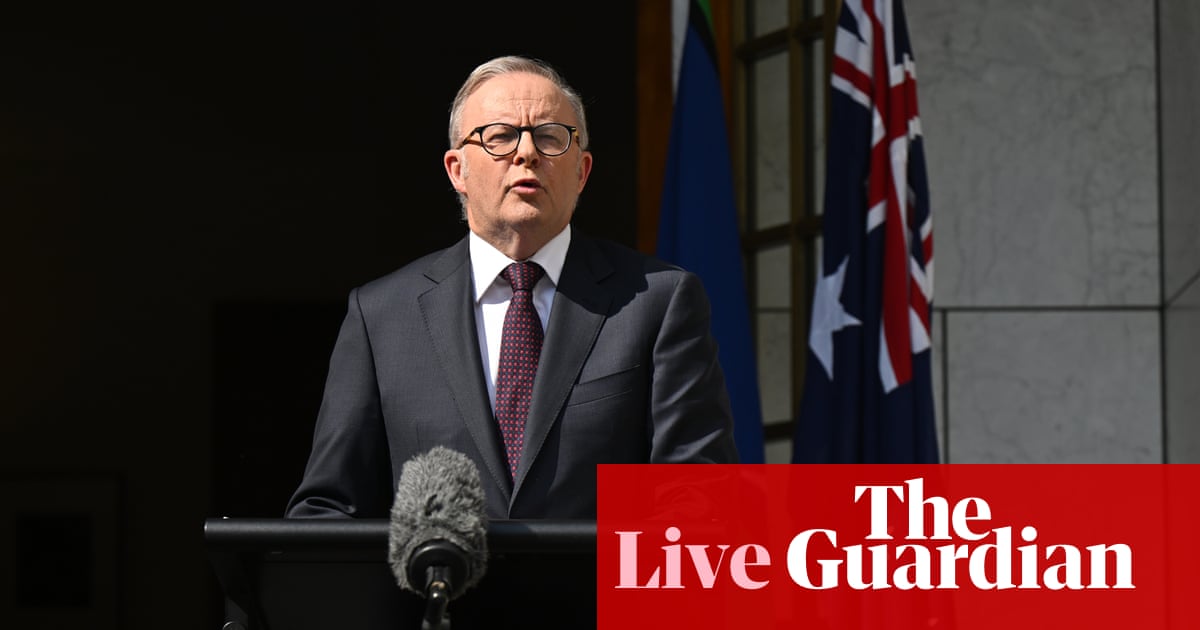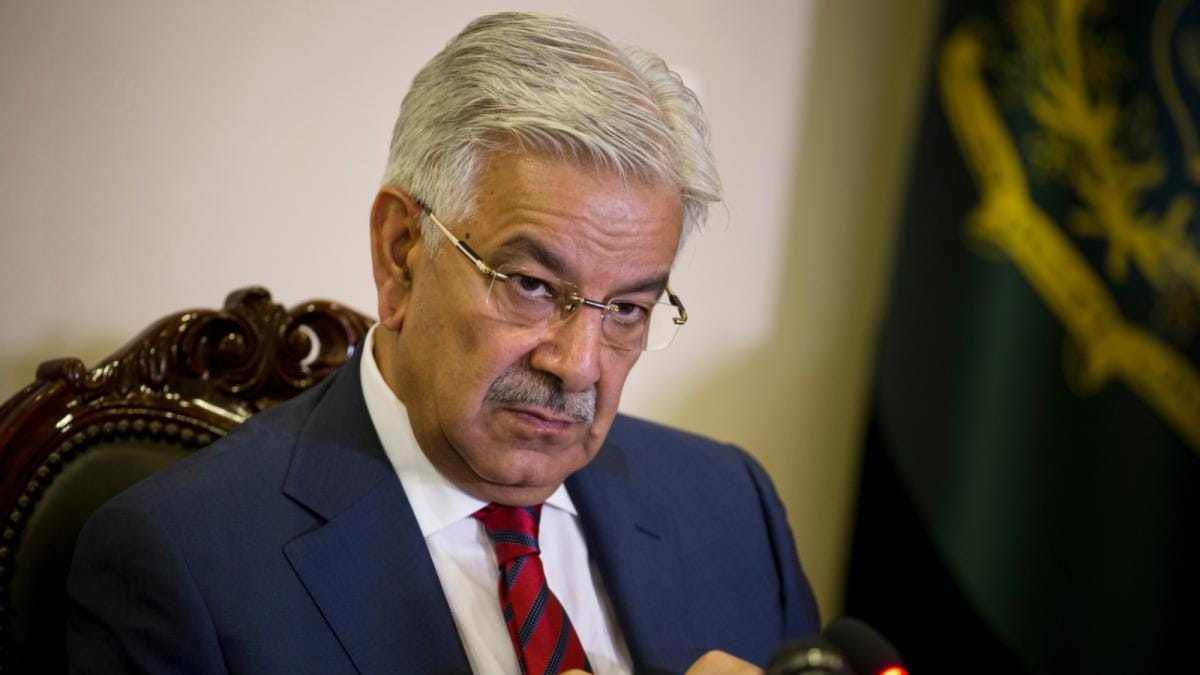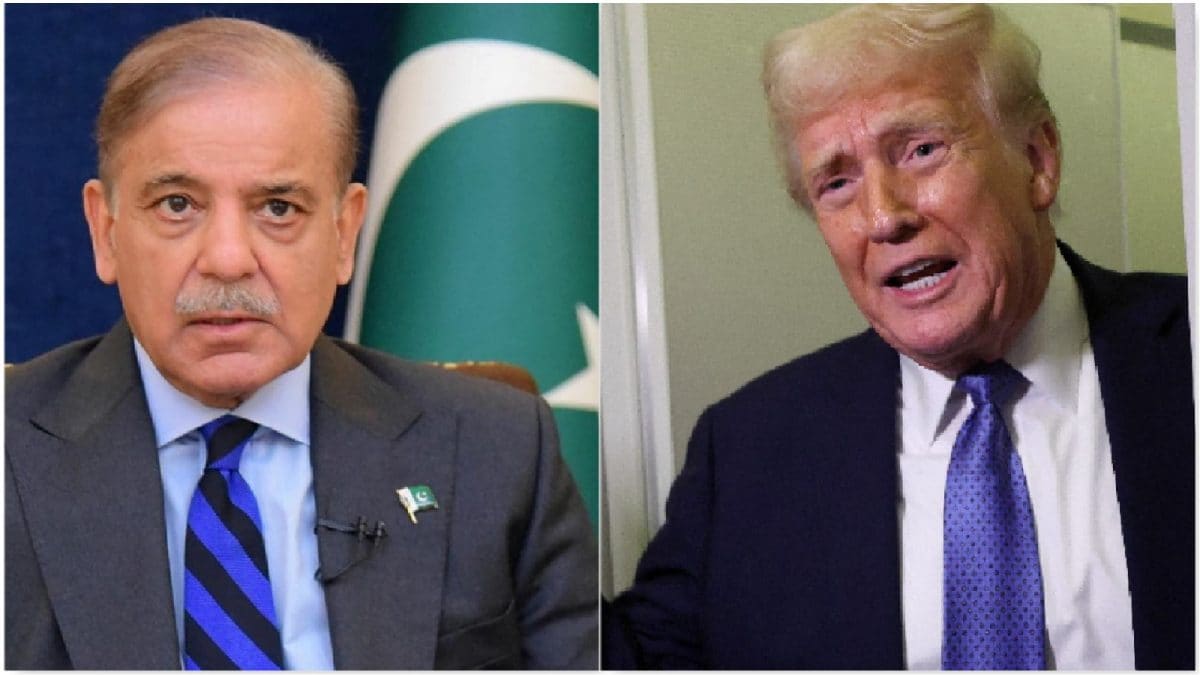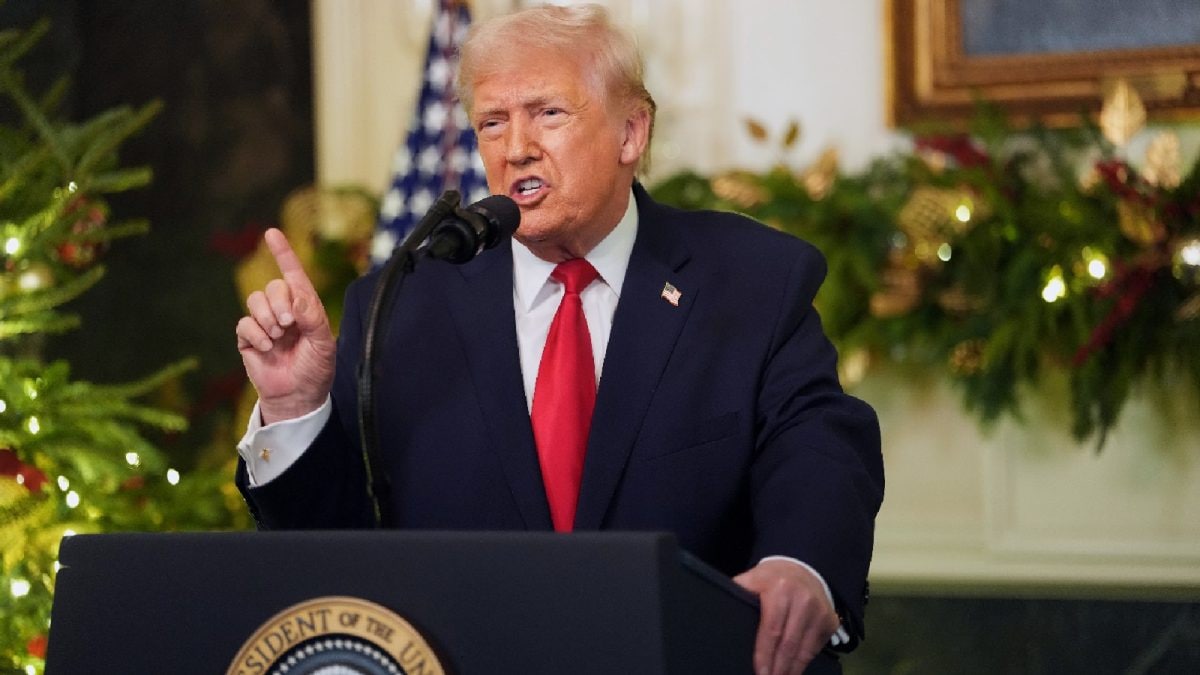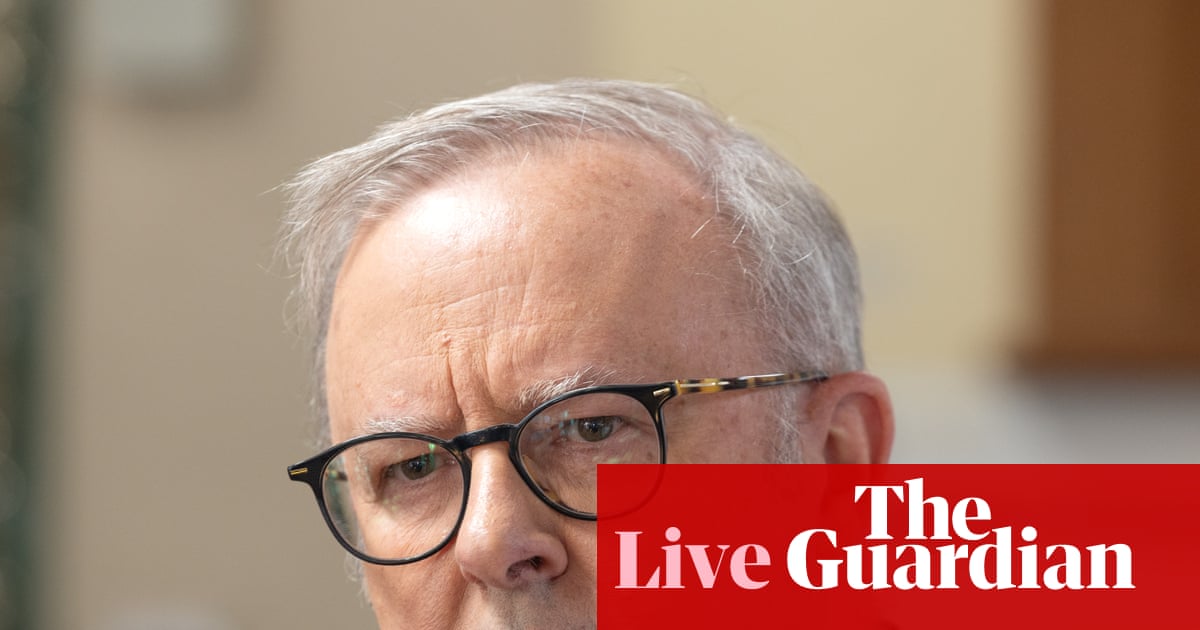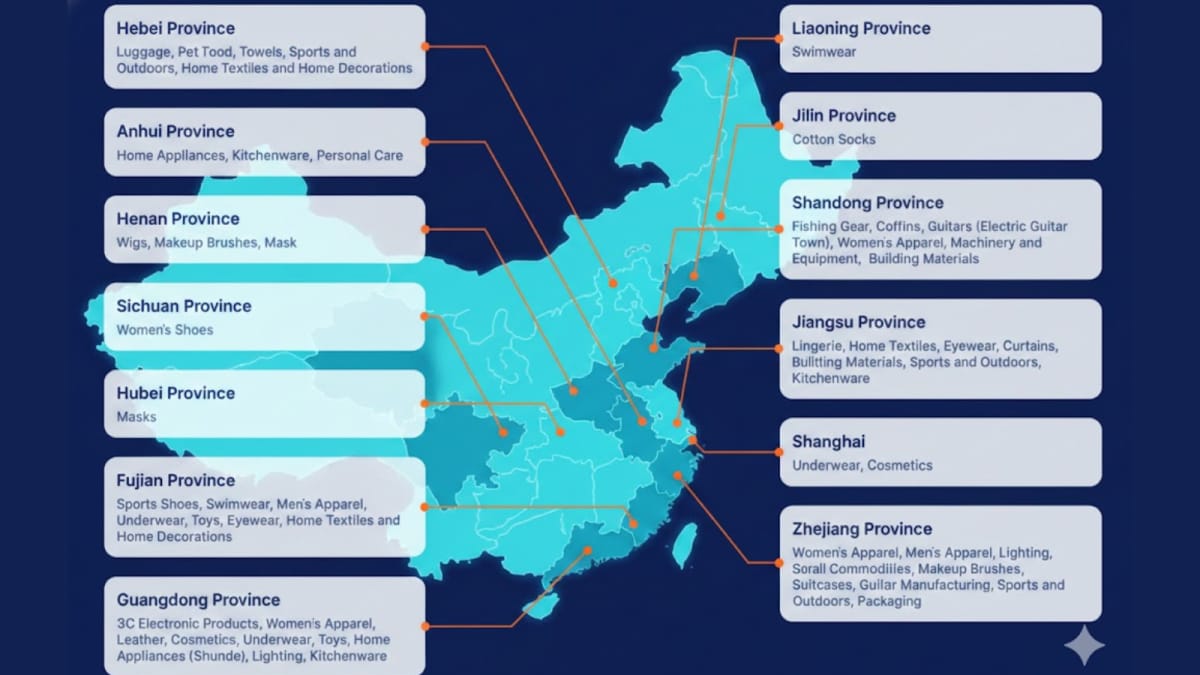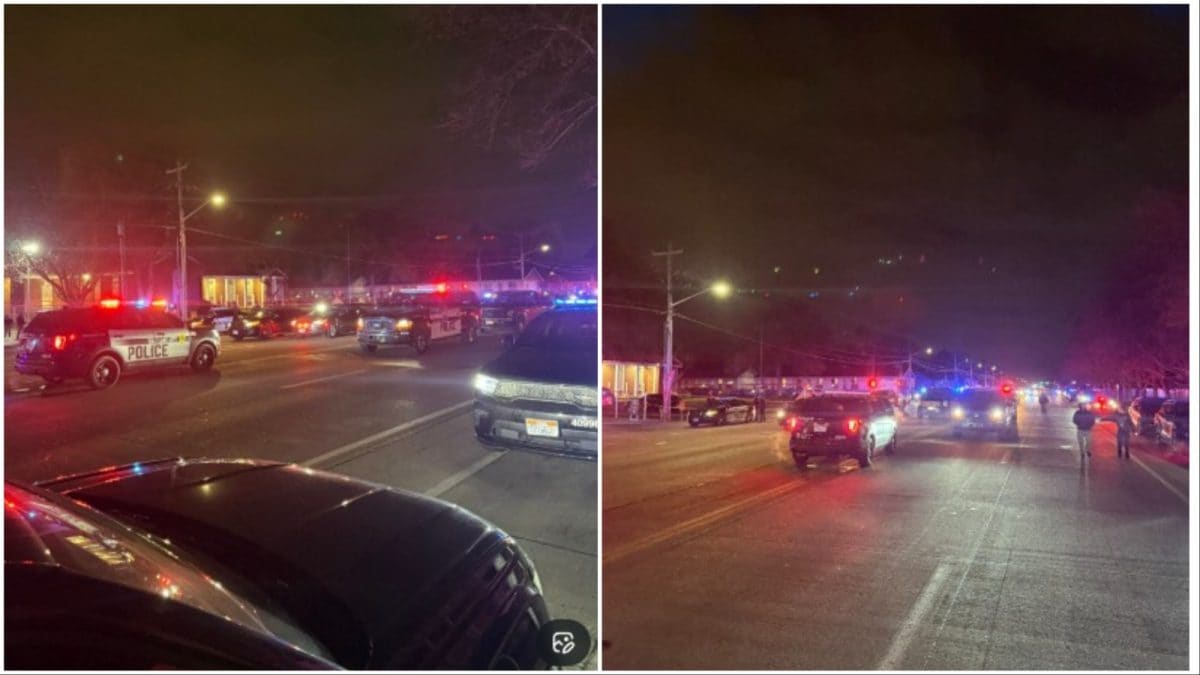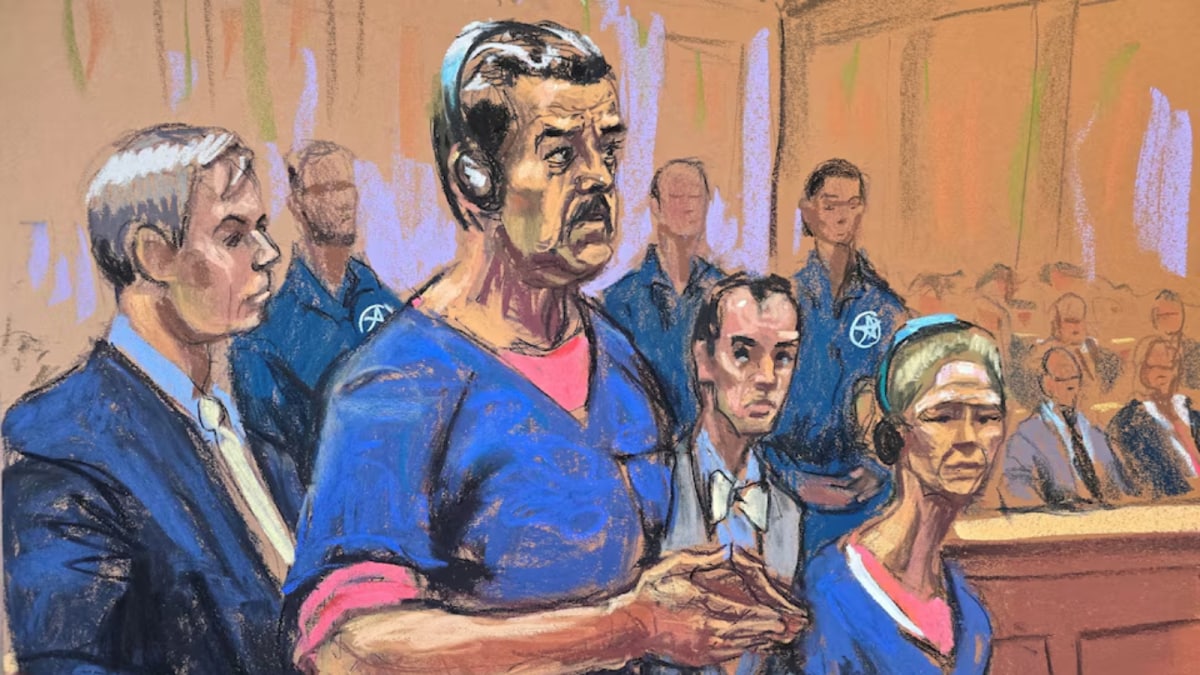Last Updated:November 27, 2025, 11:58 IST
Washington’s military buildup, legal indictments and a $50 million bounty have cornered Nicolás Maduro, yet the Venezuelan President shows no sign of stepping aside

Venezuela's President Nicolas Maduro dances during the student day celebrations at Miraflores Palace in Caracas on November 21, 2025. (Image: Juan BARRETO/AFP)
Venezuelan President Nicolás Maduro, now in his third term, is facing the strongest US military and legal pressure of his rule under President Donald Trump. The United States does not recognise him as Venezuela’s leader, even though he was declared the winner of last year’s presidential election despite evidence that the opposition defeated him by a two-to-one margin. His government has been repeatedly accused of human rights violations, and Washington’s latest actions place him under unprecedented threat. Despite this mounting pressure, Maduro shows no indication that he will step aside.
Understanding why requires looking at the dangers he faces if he leaves office, the forces that keep him in place and the escalating confrontation surrounding Venezuela.
How The US Pressure Campaign Has Escalated
Over the past months, Washington has built up a large military presence close to Venezuela. An aircraft carrier, Marines and several warships have been deployed to the Caribbean. The US says this build-up is part of a wider effort to crack down on drug trafficking routes in the region.
As part of this operation, American forces have carried out multiple strikes in international waters on boats suspected of transporting illegal drugs. These strikes have been deadly, killing at least 80 people. Washington has claimed that several of these boats had departed from Venezuela. In earlier stages of the campaign, there have already been more than ten deadly airstrikes targeting suspected drug-smuggling boats in the Caribbean Sea.
This military pressure also includes a major escalation on the legal front. Venezuela’s Cartel de los Soles (Cartel of the Suns) has been labelled a foreign terrorist organisation for importing illegal drugs into the United States. Trump’s administration has claimed that Maduro is part of this group. Venezuelan officials have rejected this outright, calling the idea of the cartel’s existence a “ridiculous fabrication".
Trump has kept the purpose of the campaign deliberately vague. Speaking on Air Force One as he flew to Florida, he refused to explain the precise goal of the four-month operation, saying: “I’m not going to tell you what the goal is. You should probably know what the goal is," and indicating he “might" talk to Maduro. He added: “If we can save lives, if we can do things the easy way, that’s fine. And if we have to do it the hard way, that’s fine too."
How Maduro Is Turning The Standoff Into A Battle For Venezuela
Maduro has answered this pressure by presenting himself as the defender of Venezuela’s sovereignty and territory. He has appeared in woodland camouflage fatigues, brandished a sword and addressed marches in the capital Caracas, invoking the legacy of liberation hero Simón Bolívar and calling on followers to prepare to resist.
At one rally in Caracas, he told supporters it was their historic duty to fight foreign aggressors just as Bolívar had done two centuries earlier. Addressing what he called “the revolutionary people of Caracas", he declared: “We have to be capable of defending every inch of this blessed land from any sort of imperialist threat or aggression, wherever it comes from."
He added: “I swear before our Lord Jesus Christ, that I will give my all for the victory of Venezuela," promising to protect the skies, mountains and plains of his country. On the same occasion, he told crowds that “failure is not an option".
Maduro has described the US deployment as an assault on Venezuela’s sovereignty. Inside his government, Washington’s actions are presented as an attempt to seize Venezuelan resources. Venezuelan minister Delcy Rodriguez said: “They want Venezuela’s oil and gas reserves. For nothing, without paying. They want Venezuela’s gold. They want Venezuela’s diamonds, iron, bauxite. They want Venezuela’s natural resources."
Cuba has stepped in publicly on his side. It has accused the US of seeking a violent overthrow of Maduro’s government and called the American military presence in the region “exaggerated and aggressive". Cuba’s foreign minister Bruno Rodriguez warned that ousting Venezuela’s leader would be extremely dangerous and irresponsible, and a violation of international law.
He appealed directly to people in the United States, saying: “We appeal to the people of the United States to stop this madness. The US government could cause an incalculable number of deaths and create a scenario of violence and instability in the hemisphere that would be unimaginable."
By framing the confrontation as a fight against “imperialist" aggression and a defence of national resources, Maduro is trying to turn a personal survival battle into a patriotic cause.
Exile Is No Longer A Safe Escape Route
One of the biggest reasons Maduro will not go quietly is that the classic escape route for ousted rulers — comfortable exile abroad — has almost vanished for him.
For much of the last century, leaders forced from power could flee to other countries, live off hidden fortunes and avoid accountability. That pattern has largely broken down. Systems to track illicit money have become more effective, and courts now pursue political leaders long after they leave office. For Maduro, the prospect of a “gilded exile" is described as nearly non-existent.
He has been indicted in the US on narcoterrorism charges, with senior officials facing similar accusations. The United States has put a $50 million bounty on him. He also faces exposure at the Criminal Court, which has been investigating alleged crimes against humanity linked to the violent repression of protests in 2017.
These legal risks make the idea of leaving power and going abroad extremely dangerous. Even countries that are sympathetic cannot guarantee permanent immunity. Cuba is in economic difficulty. Russia is far away. European capitals are politically sensitive, especially because they host large Venezuelan exile communities.
Any country that took him in could be exposed to extradition requests and diplomatic pressure.
Why The Military Is Tied To His Survival
Maduro’s hold on power depends heavily on a military and security apparatus whose senior ranks are deeply entangled with the regime. Many senior officers are accused of corruption, drug trafficking and illicit profiteering. Their safety is directly linked to the system staying intact.
Inside the armed forces there is a climate of fear. Former officers describe “incalculable terror" among personnel. Any attempt to plot a coup is extremely dangerous, not least because Cuban counterintelligence operatives embedded in the Venezuelan military are said to detect dissent quickly. For many commanders, changing sides would not only mean losing their positions and wealth but also facing prosecution or retaliation.
The regime functions as a mutually protective network: loyalty is rewarded with protection, and protection depends on loyalty. Stepping away from that network would leave Maduro exposed, but it would also expose many of those who have benefited from his rule.
This shared vulnerability means the military elite has little interest in letting him go.
Maduro Thinks Washington Is Bluffing
Maduro’s refusal to step aside is also shaped by how he interprets US intentions. A source with regular contact with senior Venezuelan officials told the Wall Street Journal that Maduro and those around him believe only a full-scale US ground invasion could remove him. According to the Guardian, Trump’s reluctance to send US troops into overseas combat makes such an invasion appear unlikely. Trump failed to topple Maduro in 2019.
At the same time, there are fears that the size of the current deployment in the Caribbean makes further escalation likely.
security consultant Douglas Farah, who advised the US government on Venezuela during Trump’s first term, said: “I think that we’re going to start blowing things up. I think we have to do something because there’s too big a force there [in the Caribbean] to not do something."
His greatest fear is that even such strikes might fail to topple Maduro, just as earlier efforts did. In that case, he warned, “[If that happens] Maduro will feel empowered. He’ll say: ‘Yeah, I defeated the United States,’" and any chance of the Venezuelan leader leaving power “in some sort of orderly fashion will be gone again for another 10 years".
Farah warned that the next step could be strikes on Venezuelan soil, possibly targeting a major Caribbean port used for cocaine smuggling.
Trump’s future plans for Venezuela, South America’s sixth-largest country and the nation with the world’s largest proven oil reserves, remain unclear for now.

Karishma Jain, Chief Sub Editor at News18.com, writes and edits opinion pieces on a variety of subjects, including Indian politics and policy, culture and the arts, technology and social change. Follow her @kar...Read More
Karishma Jain, Chief Sub Editor at News18.com, writes and edits opinion pieces on a variety of subjects, including Indian politics and policy, culture and the arts, technology and social change. Follow her @kar...
Read More
First Published:
November 27, 2025, 11:58 IST
News explainers Why Venezuela’s Maduro Won’t Leave Power Despite Trump’s Escalating Pressure Campaign
Disclaimer: Comments reflect users’ views, not News18’s. Please keep discussions respectful and constructive. Abusive, defamatory, or illegal comments will be removed. News18 may disable any comment at its discretion. By posting, you agree to our Terms of Use and Privacy Policy.
Read More

 1 month ago
1 month ago

